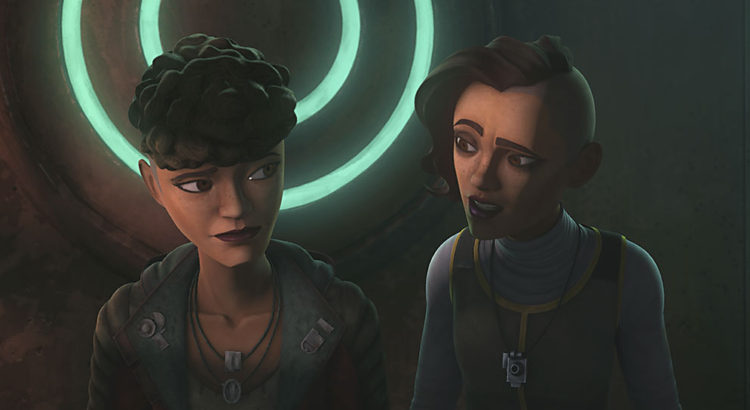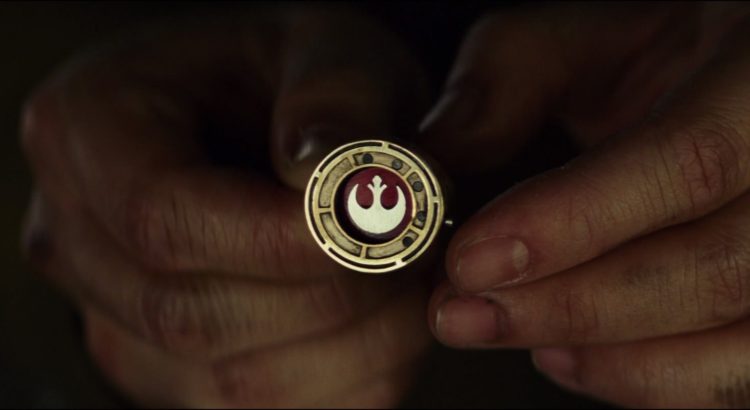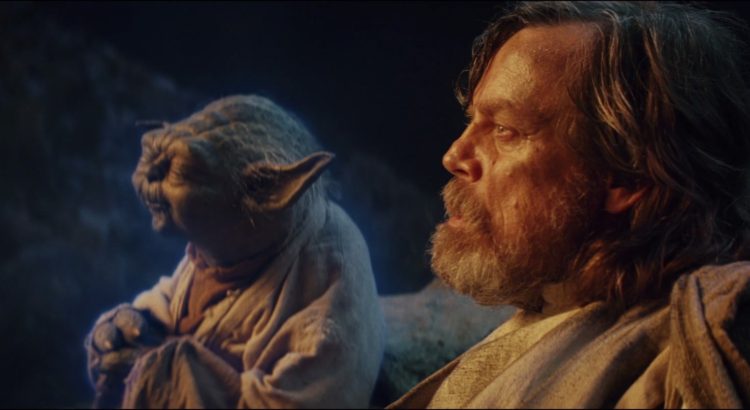“Poe Dameron is super cool. Finn’s super cool. Even though [Rose] is good at what she does, she’s not known. She’s not cool. She’s this nobody, this background player…”
Kelly Marie Tran
This was our introduction to Rose Tico: an interview with Entertainment Weekly, well before Kelly Marie Tran graced the big screen in The Last Jedi. From the beginning, Rose has been billed as someone overshadowed by the heroes surrounding her. If it’s not the Sequel Trio, it’s her own gallant sister Paige. The Forces of Destiny and Star Wars Adventures comics take it another step and emphasize this in-universe, as head mechanic Lazslo actively demeans her place in the Resistance. It’s a mindset that Rose herself internalizes. In Spark of the Resistance, she dismisses her own instincts because she’s not a Jedi like Rey or a great leader like Poe. She’s “just Rose” (emphasis mine).
“I can’t save them all. I’m just one person. I can’t even save one of them.”
Dexter Jettster (emphasis mine)
This was an unexpected glimpse at Obi-Wan Kenobi’s friend: a heartfelt journal entry as he takes on a Crimson Dawn labor camp. From the beginning, Dexter Jettster has always exuded confidence. The script for Attack of the Clones describes him as “not someone to tangle with”, and between gun-running on Ord Sigatt and brawling on Ord Mantell, his underworld background in Legends only increased this reputation. In the new canon, The Smuggler’s Guide starts with this similar tone of confidence only to come to a shuddering halt with Dex’s doubts.
In a franchise where many of our leads spend time believing themselves to be something more than life has planned, Rose and Dex seem to believe that they aren’t enough. It’s a galaxy full of cruel empires and powerful crime syndicates, and Dex is just one person, and Rose is just Rose. They are, as Tran continued in her interview, “just like everyone else” (emphasis mine). And grim though this perspective might be, there’s a grounding and a gentle inspiration in characters like these.
Read More





